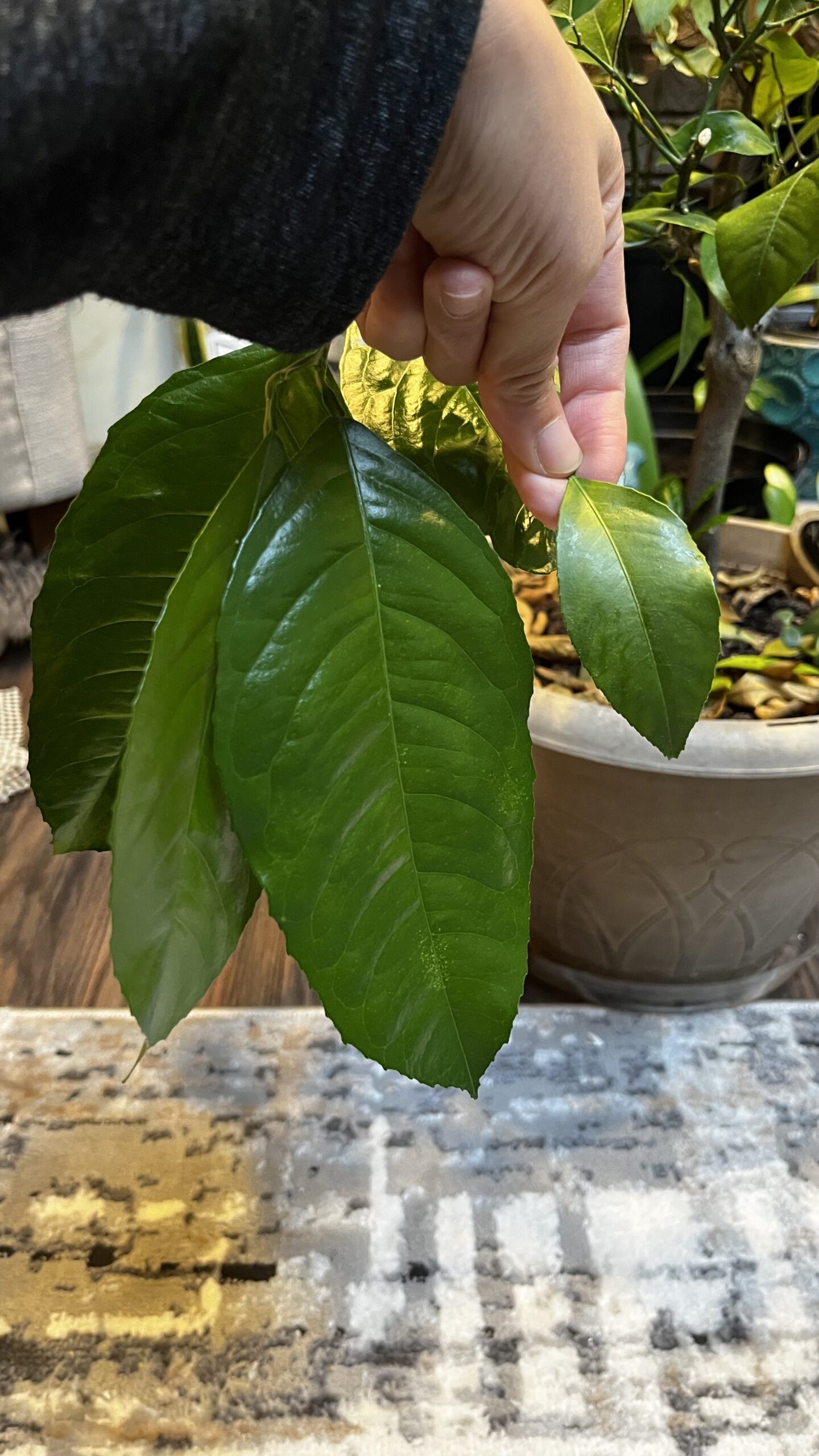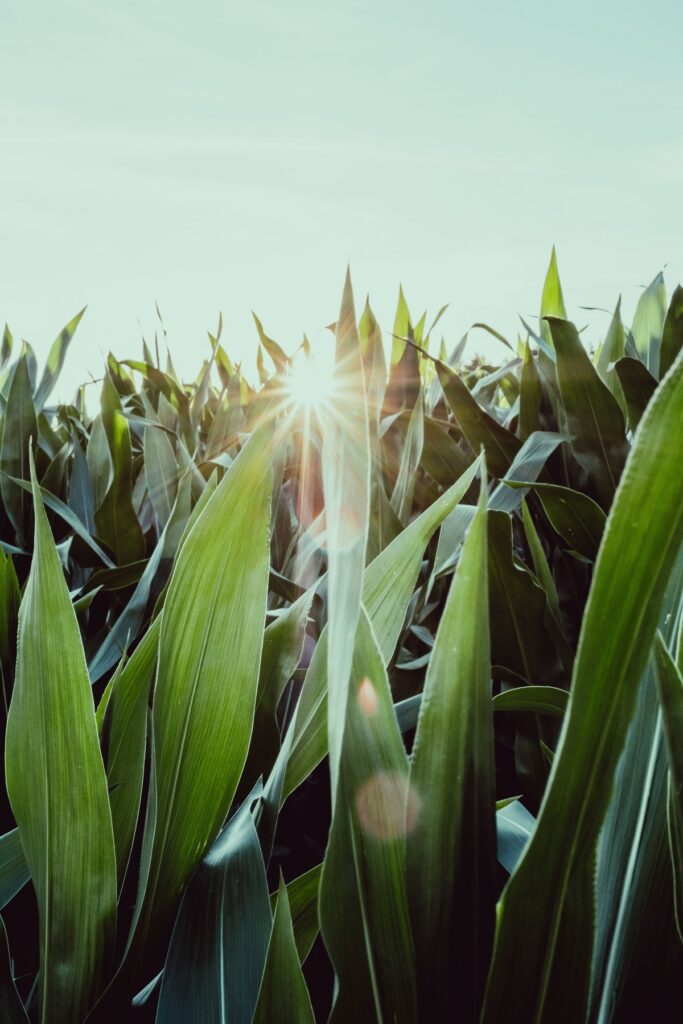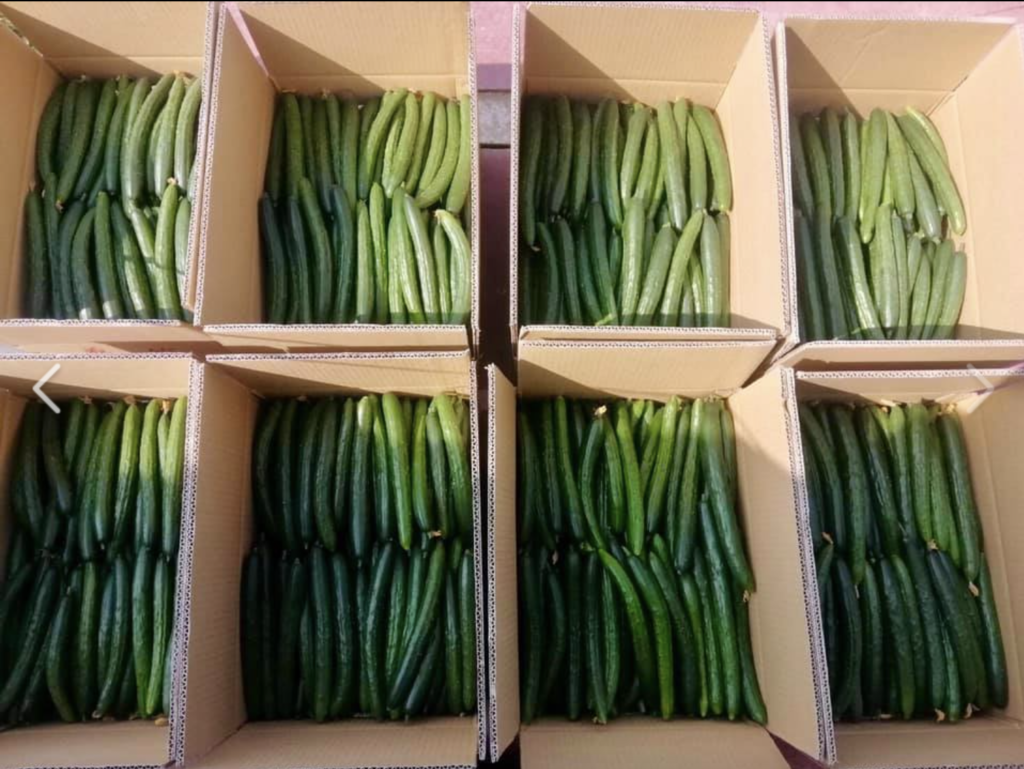VermisTerra’s fermented worm tea can help with fungal disease including peach leaf curl disease primarily through its rich microbial content, especially beneficial fungi, and its ability to enhance the plant’s natural defenses.
🍑 Peach Leaf Curl: The Problem
Peach leaf curl is caused by the fungus Taphrina deformans. It distorts and thickens leaves, cau...









